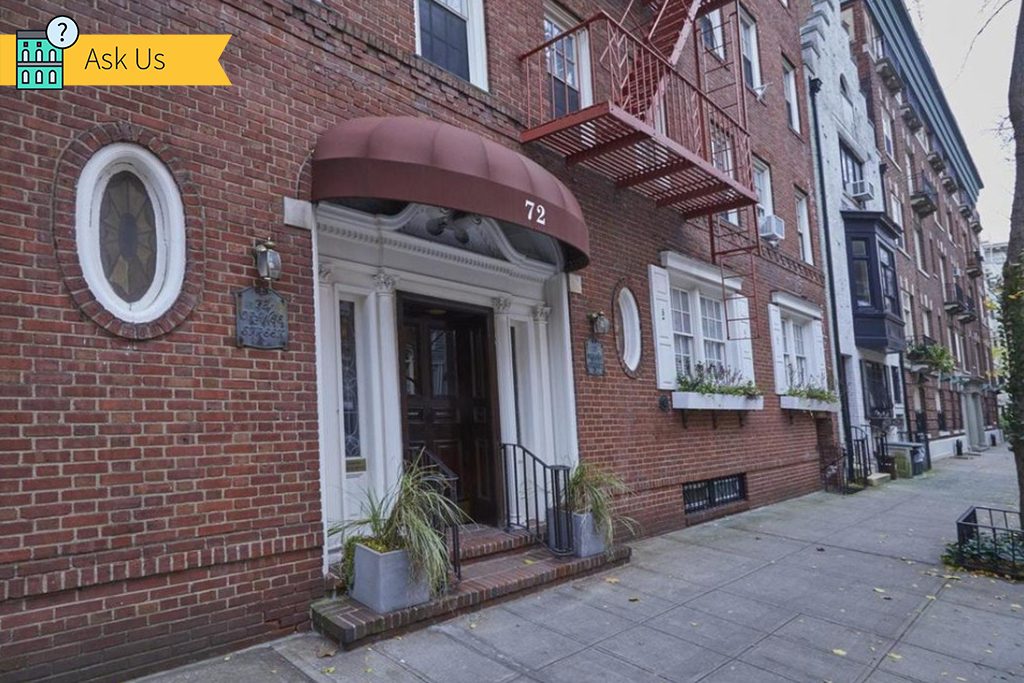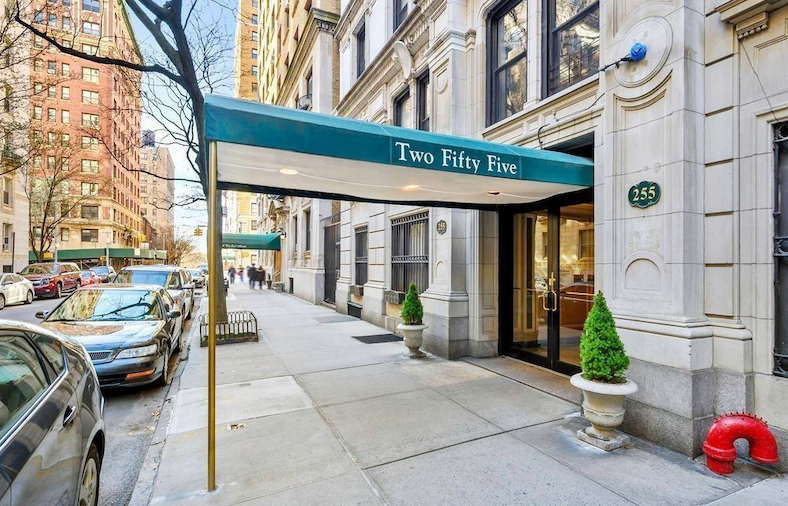
Question: What happens if I buy a co-op apartment in a building where the sponsor still owns 3 percent of the shares? What does that mean to me?
— Home Hunting in Brooklyn Heights
Dear Home:
It shouldn’t affect you or the other shareholder/tenants much at all.
It’s not at all unusual for a building sponsor — the former owner of the building who converted it to a co-op, or the condo developer — to hold on to some of the apartments. Sometimes they are straight out market rentals that the sponsor holds for income or has yet to sell. Often, however, they are occupied units that were rent-controlled or rent-stabilized prior to the co-op conversion, and the tenants are protected from eviction.
But unless the sponsor has an overwhelming voting interest — enough, that is, to impose new rules or to block changes sought by the other shareholders — there is no particular problem with the sponsor having an interest in the building. In your case, a mere 3 percent share is no big deal.
All that said, there are sponsor issues that can result in really big problems for the rest of us. Here are some:
Financing: If a sponsor holds a significant chunk of the building shares — usually 50 percent or more — banks and mortgage lenders are going to pass. It will not only be difficult for the building to obtain an underlying mortgage, but lenders will shun individual apartment owners as well. Bankers, above all, value stability, and their thinking is that a building mainly occupied by owner/tenants is less likely to default than a building owned by a real-estate developer.
New neighbors: There’s a reason you often see the phrase “sponsor unit” in apartment listings. You can buy an apartment from a sponsor without the hassles of putting together a board package or passing a board interview. If you’ve got the cash or a willing lender, you can sail right into your new apartment, bypassing rules that other new tenants must adhere to. While this is all great for the new buyer, it’s not necessarily so great for the existing tenants — especially, say, if the new neighbor turns out to be a rock-and-roll drummer who practices at 3 a.m.
Bad business: A sponsor can be all the way out of the picture, but their legacy can live on in some lousy deals. I know of one Upper East Side building, for example, with a 20-car garage that nets practically nothing to the building. The sponsor leased the garage to a third party for 99 years for just a few thousand dollars a year while the garage operator rents outs the individual parking spots for $650 a month. When the co-op board took over the building, it was bound by the lease terms. You might see similar arrangements for laundry rooms or professional offices.
David Crook is a veteran journalist and author of The Complete Wall Street Journal Real-Estate Investing and Homeowner’s Guidebooks. Do you have a question about anything real estate-related in NYC? Write him at askus@streeteasy.com. For verification purposes, please include your name and a phone number; neither will be published. Note: Nothing in this column should be considered professional legal advice. If you have a legal issue, consult an attorney.
—
Hey, why not like StreetEasy on Facebook and follow @streeteasy on Instagram?








